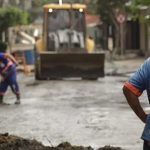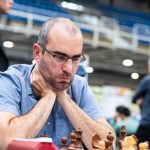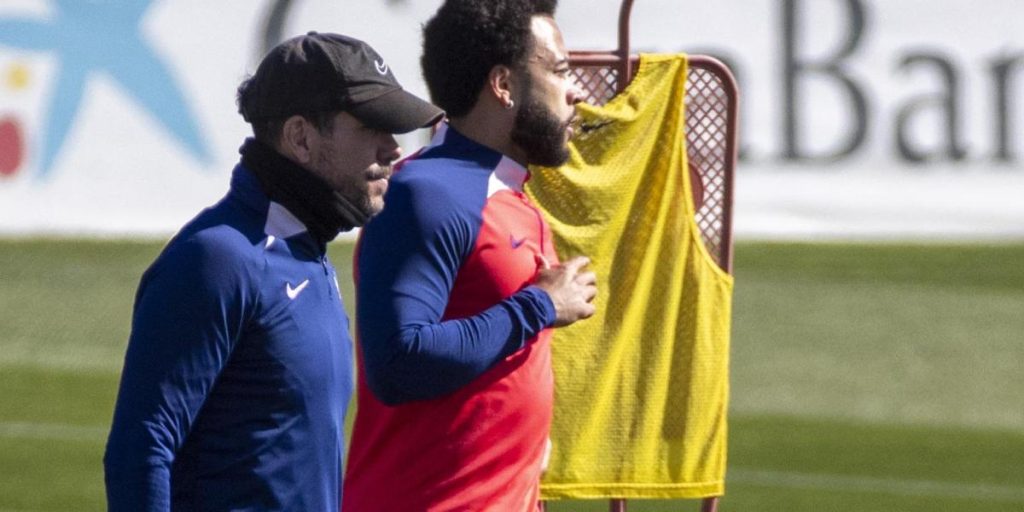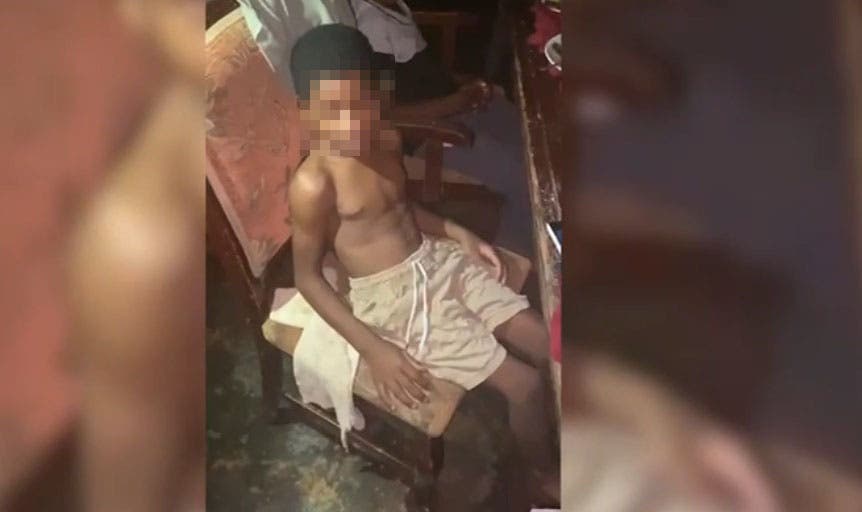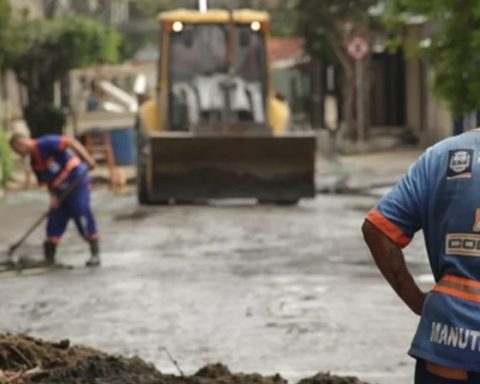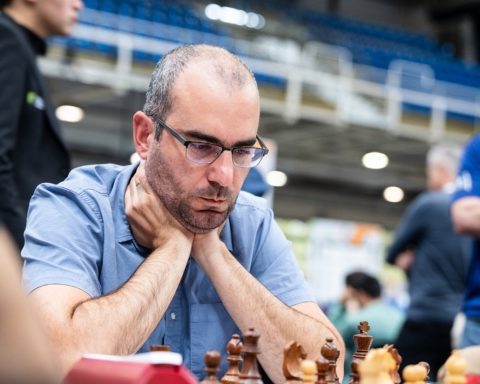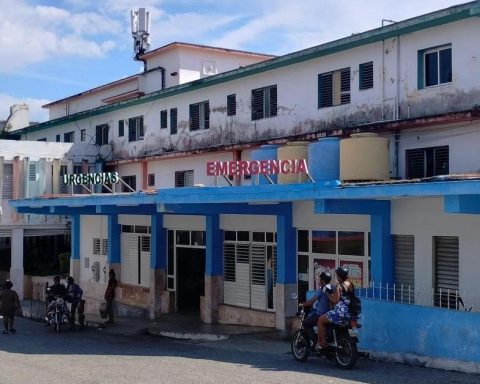
In a series of recent statements, Andrés Ojeda, candidate for the Colorado Party, said that the next government will have to face the challenge of improving the security situation in Uruguay. When referring to this issue, he emphasized that this task will fall to the coalition led by the Colorado Party, stressing that this is an outstanding responsibility that has not been resolved in the last five years.
Speaking at an event in Parque Batlle on Saturday, Ojeda reiterated, “Security is probably the issue that worries people the most. We have a debt to the Uruguayan people.” Mentioning the “debt,” the candidate stressed the urgent need to act to ensure a more protected environment for all citizens. He noted that the focus must be on implementing effective measures that, according to him, were not consolidated during the previous years.
In his statements, Ojeda showed conviction about his understanding of the issue of security, distancing himself from those who address multiple issues without deep knowledge. “I don’t talk about security, I talk. If I have to talk about the environment, I ask Eduardo Blasina to accompany me,” he said, highlighting his specialized approach.
Response to criticism over viral video
In response to criticism for announcing messages from the gym in response to personal questions, Ojeda defended his style, calling the criticism “hypocritical.”
In his interpretation of the past elections, he argued that political victories do not always depend on clearly defined proposals. He argued that winning campaigns, such as those of Luis Lacalle Pou in 2019 and José Mujica before, were not based on concrete proposals that voters could remember punctually, but on an amalgam of political factors.
The candidate also referred to his personal relationship with President Luis Lacalle Pou, whom he described as a close friend. This personal connection could influence future cooperation between the two politicians, although Ojeda remains focused on the impact of his party’s tangible proposals.
Education and future prospects
In the educational field, Ojeda highlighted the importance of the project of “136 full-time high schools”, initially promoted by Ernesto Talvi. He considers this plan as a “last great proposal” within the political system and expressed that although the current administration has extended these high schools to more than 60, the objective should be to expand them in the next period.
His concrete proposal is to create 80 new high schools to improve the country’s educational infrastructure and exceed the original figure proposed by Talvi. With this approach, Ojeda seeks to address not only the issue of security, but also other significant pillars for the country’s development.







